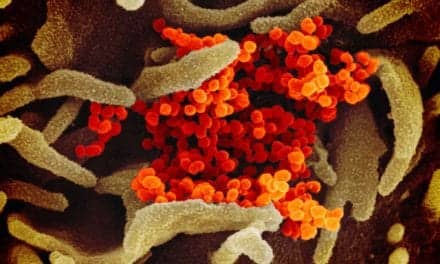A provocative study links prolonged episodes of sepsis — a life-threatening infection and leading cause of death in hospitals — to the reactivation of otherwise dormant viruses in the body.
In healthy people, such latent viruses are kept in check by the immune system. But a study by a team at Washington University School of Medicine in St. Louis provides strong evidence that when sepsis lingers for more than a few days, which is common, viruses re-emerge and enter the bloodstream, signaling that the immune system has become suppressed. This state of immune suppression may leave patients unable to fight off secondary infections, such as pneumonia associated with being on a ventilator.
The research, published June 11 in PLOS One, suggests that drugs that “rev up” the immune system could be incorporated into the treatment of prolonged sepsis.
“A controversy has existed over whether patients with sepsis progress to a state of immune suppression,” said co-senior author Gregory Storch, MD, a virologist and chief of the Division of Pediatric Infectious Diseases. “The finding that critically ill patients with sepsis have a number of different viruses circulating in the bloodstream is compelling evidence they are immune-suppressed and dramatically could alter therapy for sepsis.”
Click here to view original web page at www.sciencedaily.com









